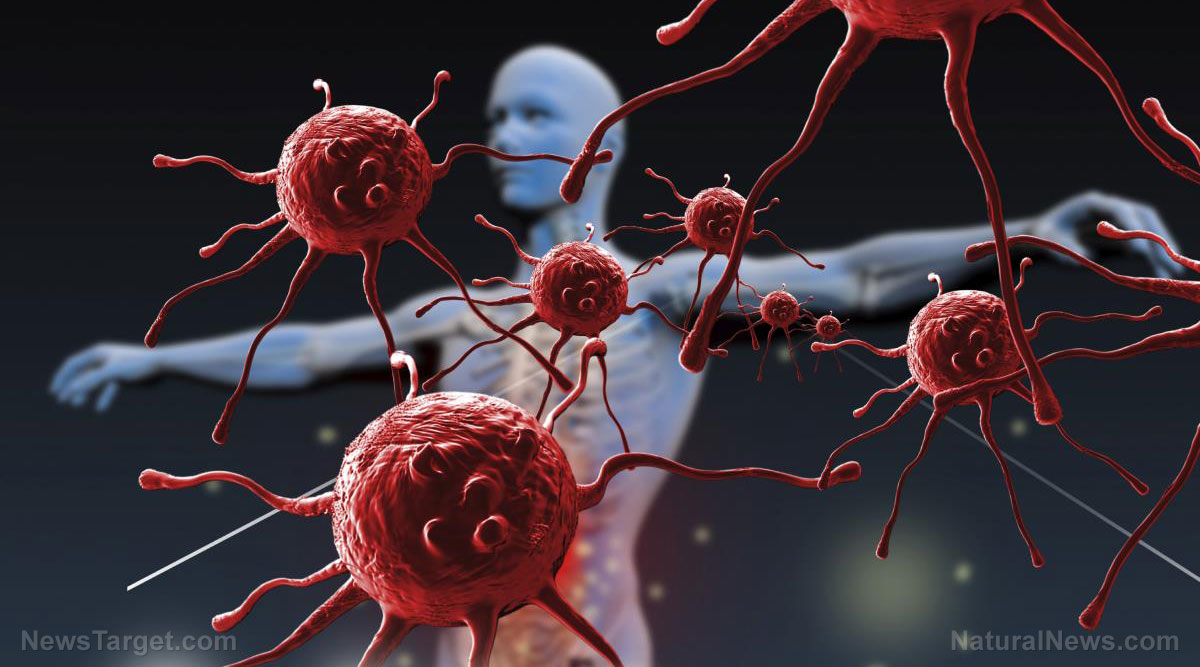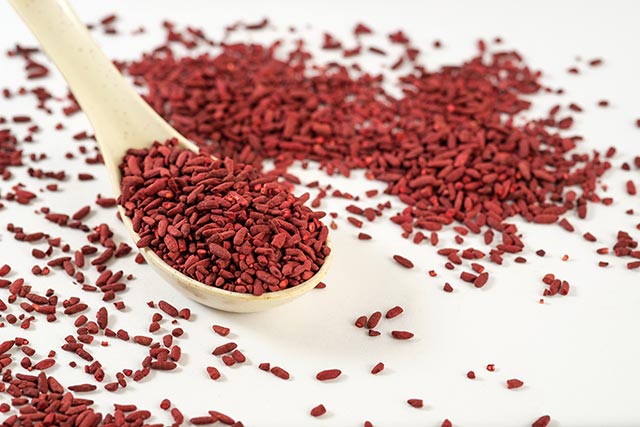Carnosine inhibits migration of colorectal cancer cells – study
12/03/2019 / By Evangelyn Rodriguez

In this study, researchers from Taiwan investigated the mechanism by which carnosine regulates the migration and intravasation of human colorectal cancer (CRC) cells. Their results were published in The American Journal of Chinese Medicine.
- Carnosine is an endogenous dipeptide present in the skeletal muscles of vertebrates. It is usually obtained through diet.
- Research suggests that carnosine has the ability to regulate the migration and invasion of CRC cells.
- To determine the mechanism underlying this ability, the researchers examined the migratory and intravasive abilities of cultured HCT-116 cells and the expression of epithelial-mesenchymal transition (EMT)-associated molecules and matrix metalloproteinases (MMPs) after carnosine treatment.
- They reported that carnosine inhibited both migration and invasion in the treated cells.
- They also found significant decreases in Twist-1 protein levels and increases in E-cadherin protein levels in HCT-116 cells after carnosine exposure.
- Although they detected a decrease in plasminogen activator and MMP-9 mRNA and protein levels, TIMP-1 mRNA and protein levels increased after treatment.
- Carnosine also reduced the cytosolic levels of phosphorylated IkB and NF-kB DNA-binding activity.
Based on these findings, the researchers concluded that carnosine inhibits the migration and intravasation of human CRC cells by suppressing NF-kB activity and modulating MMP and EMT-related gene expression.
Journal Reference:
Hsieh SL, Hsieh S, Lai PY, Wang JJ, Li CC, Wu CC. CARNOSINE SUPPRESSES HUMAN COLORECTAL CELL MIGRATION AND INTRAVASATION BY REGULATING EMT AND MMP EXPRESSION. The American Journal of Chinese Medicine. 2019;47(02):477–494. DOI: 10.1142/s0192415x19500241
Tagged Under: #nutrition, alternative medicine, anticancer, carnosine, disease treatments, food cures, food is medicine, functional food, natural cures, natural medicine, prevention, research


















